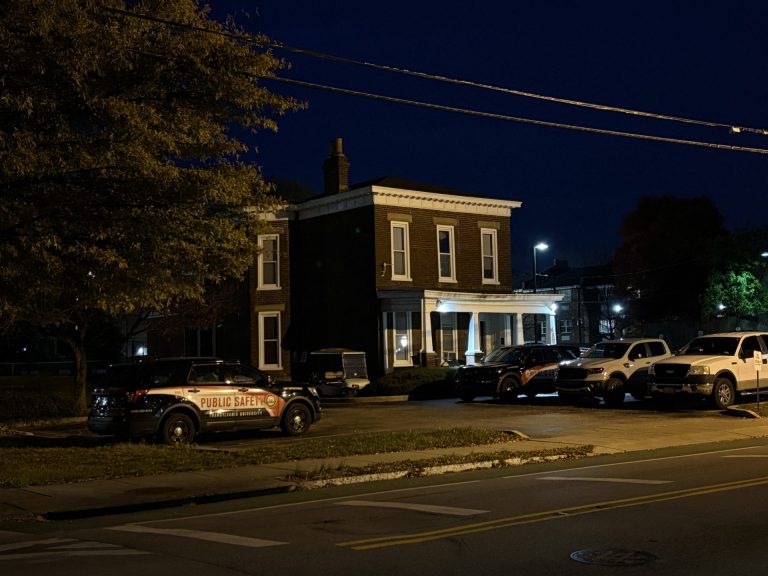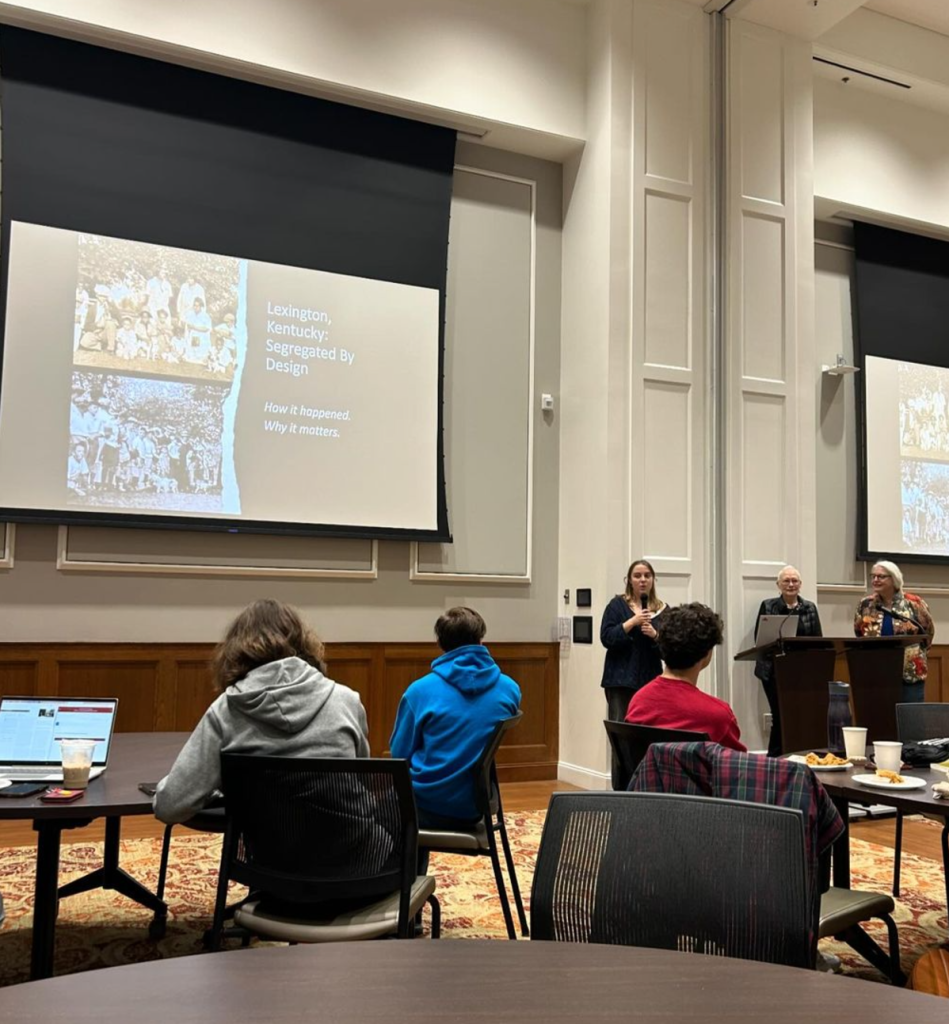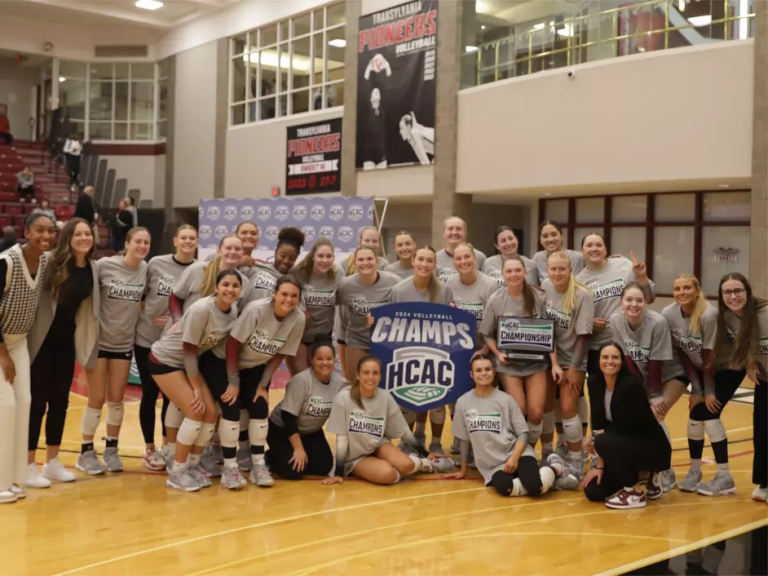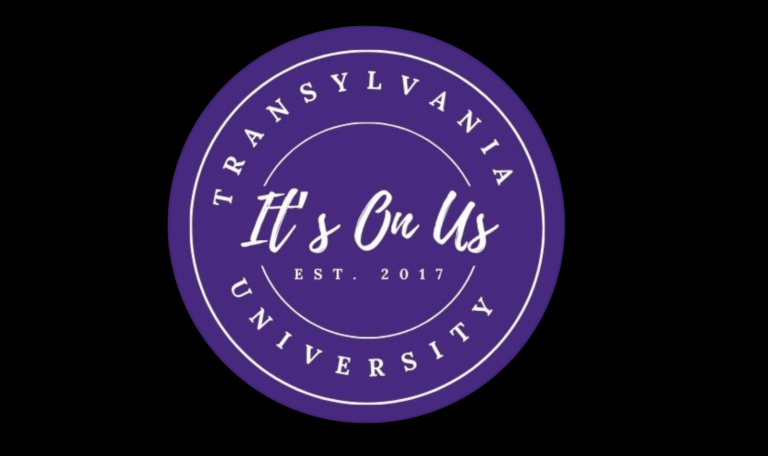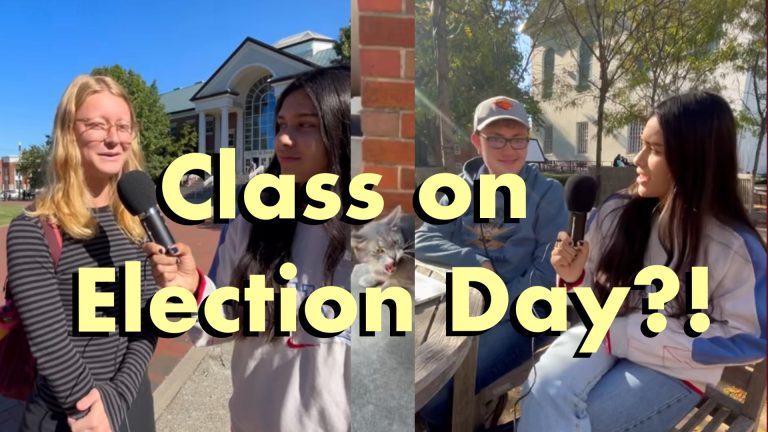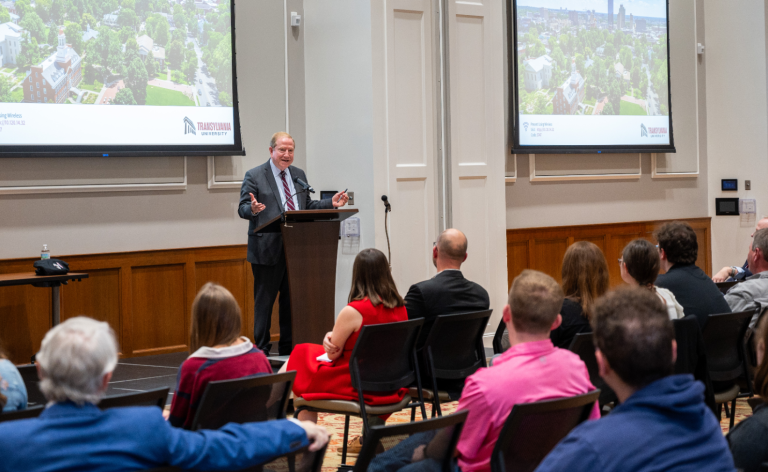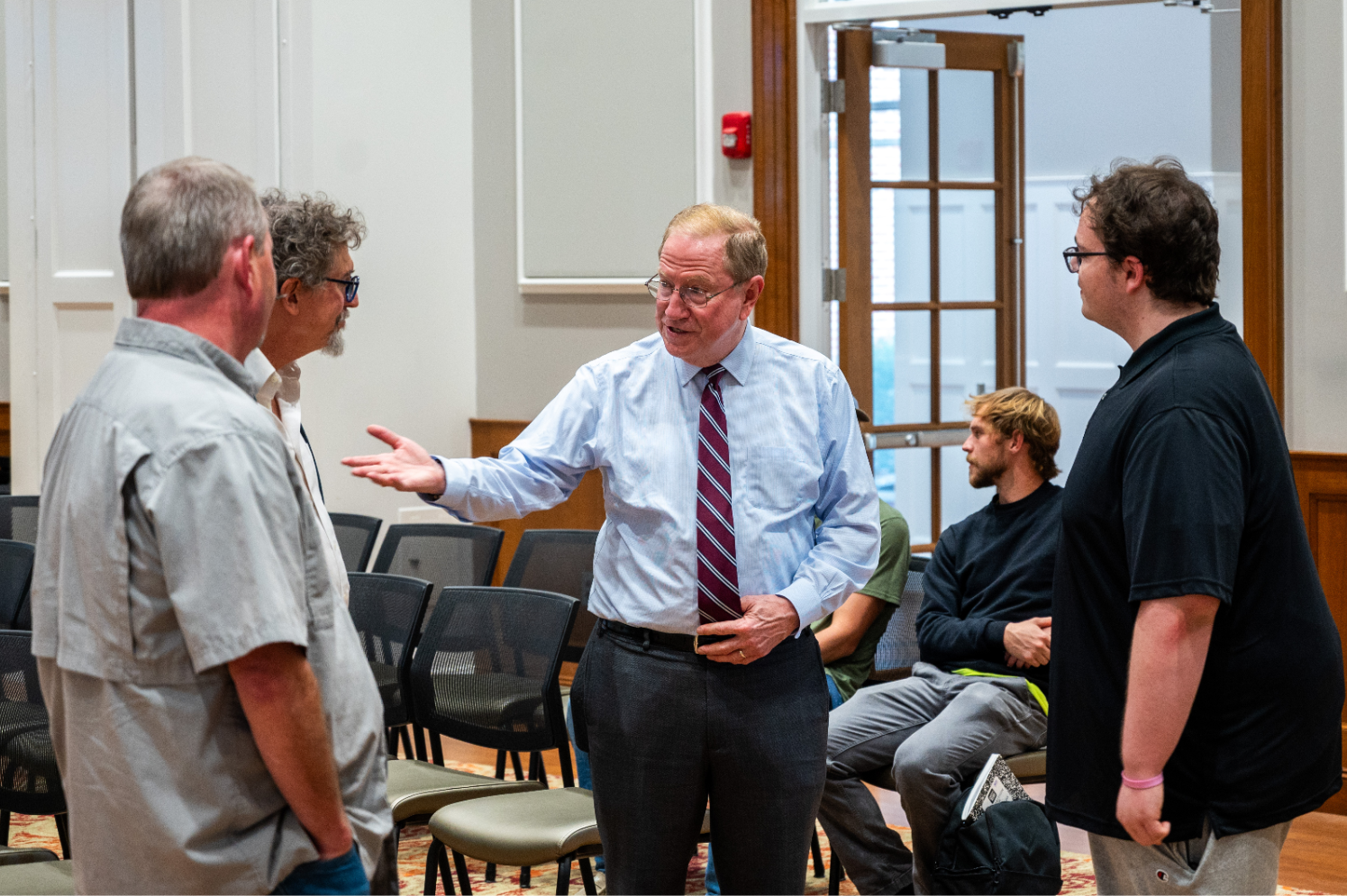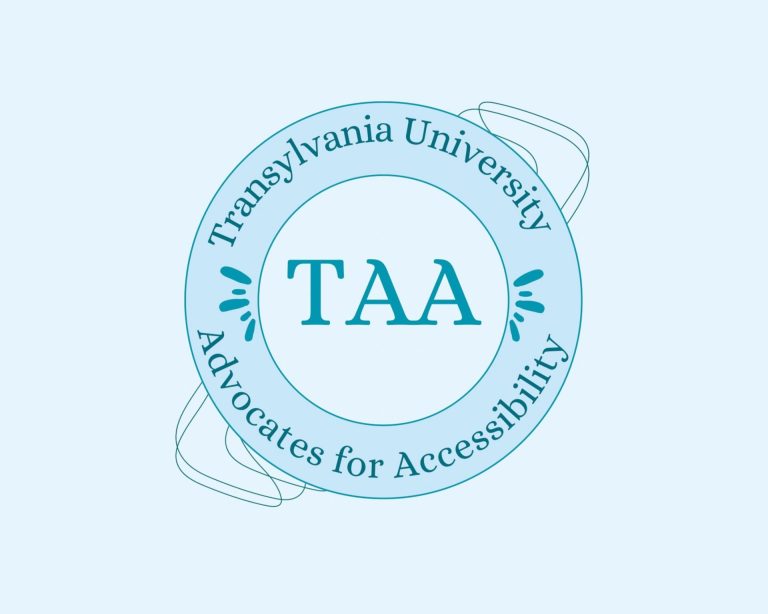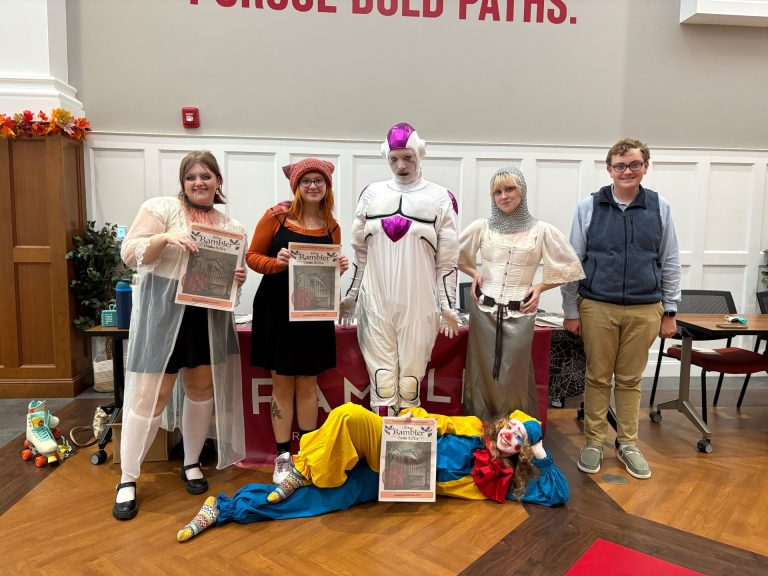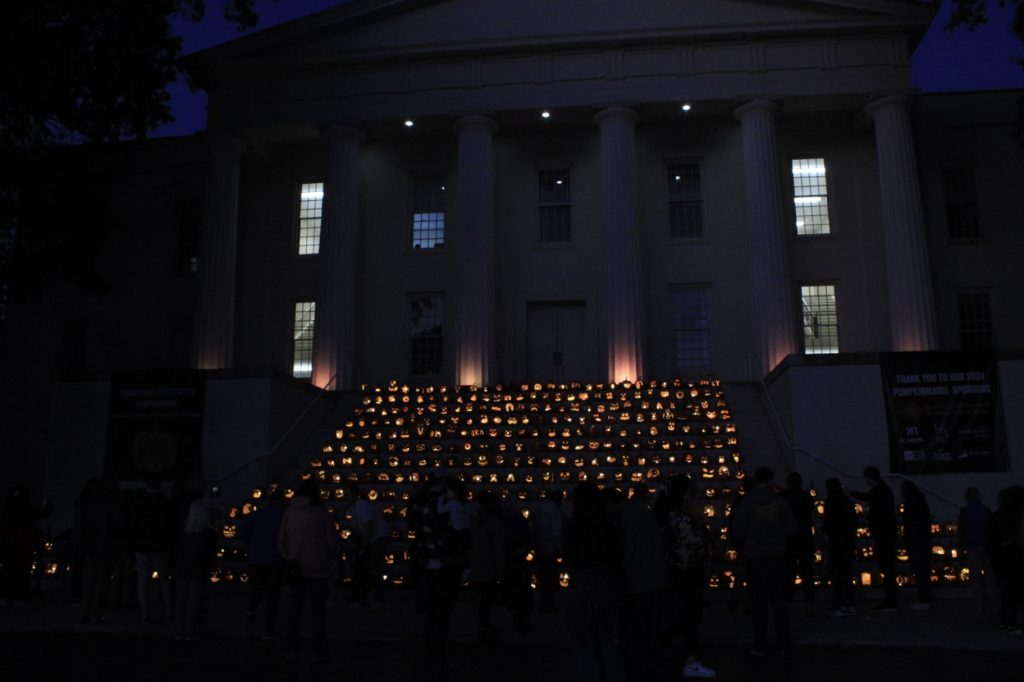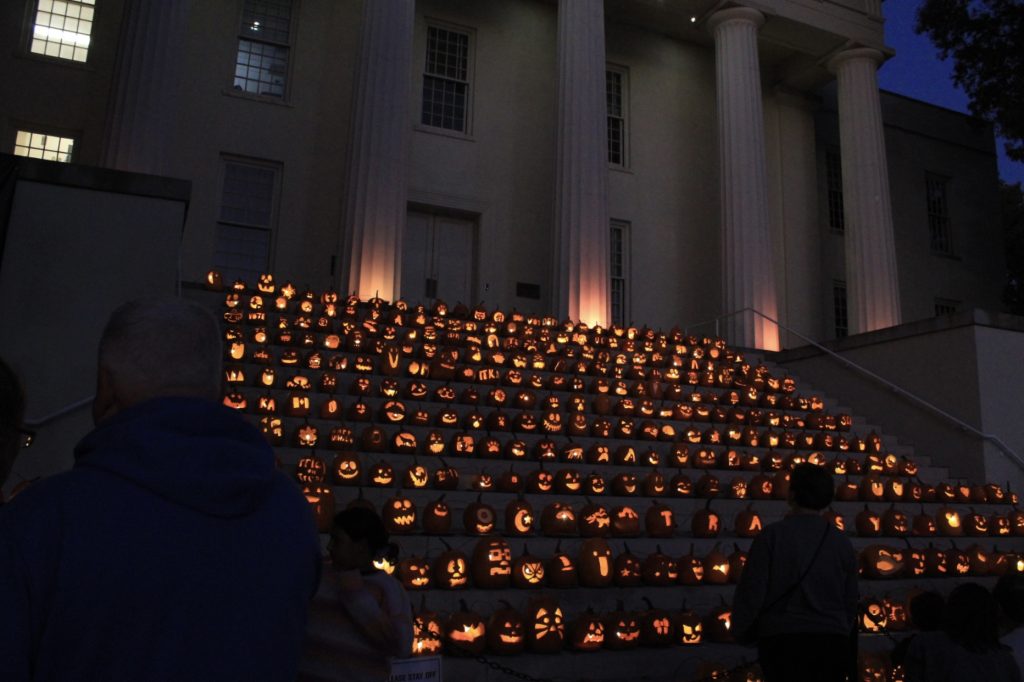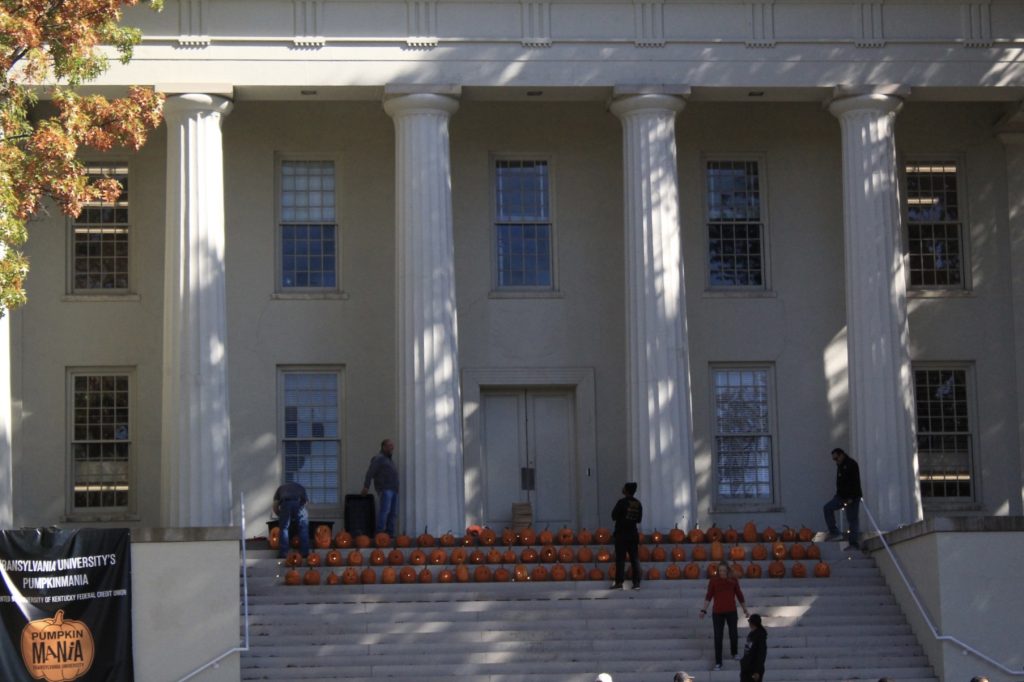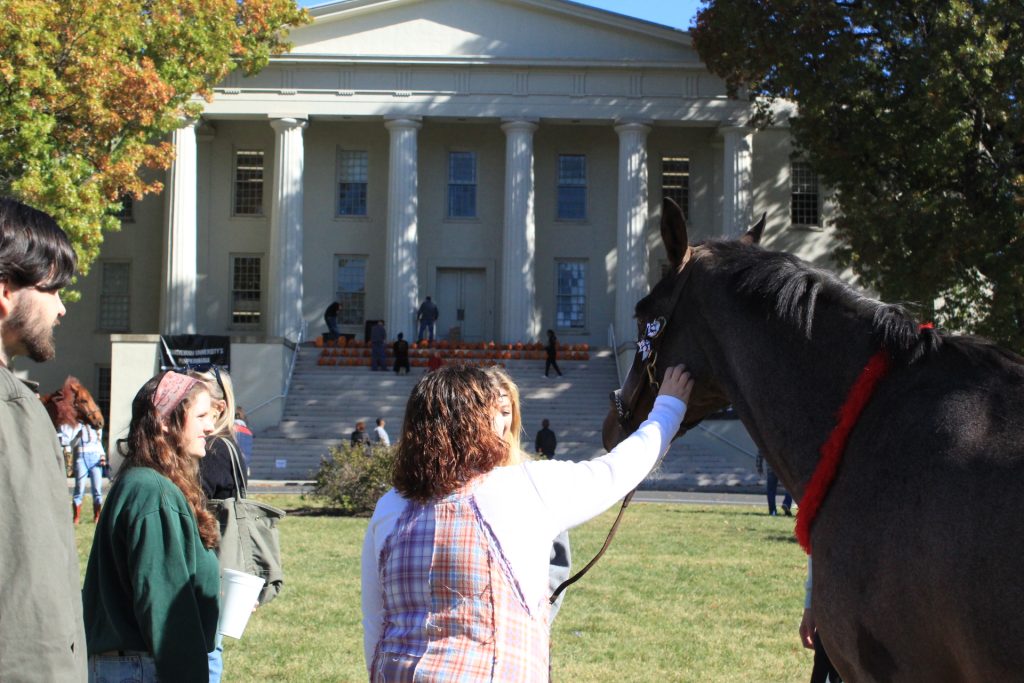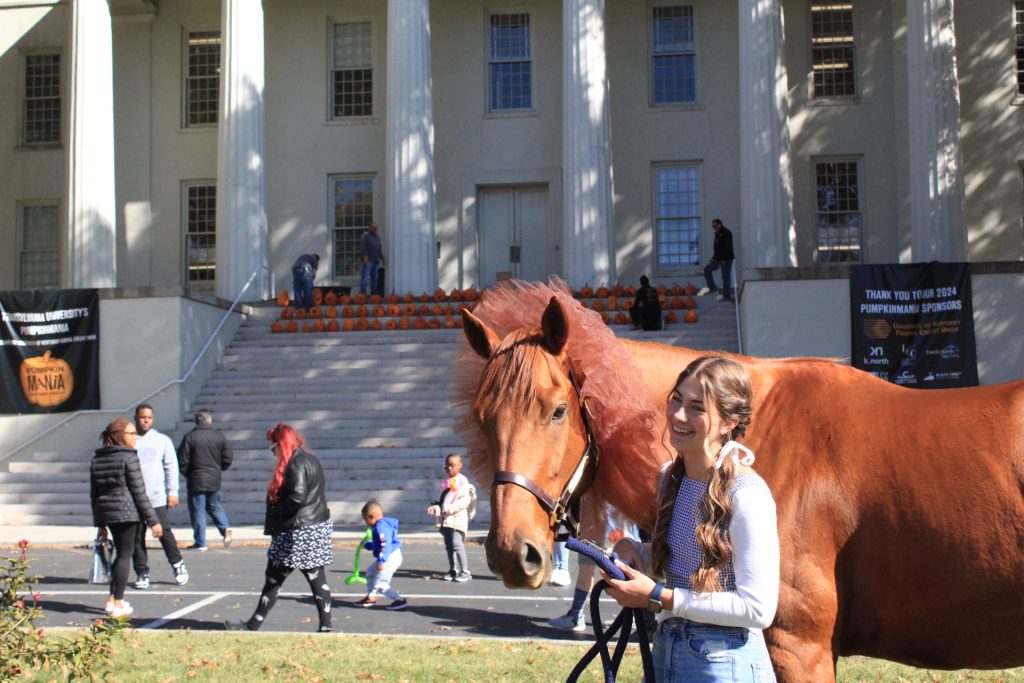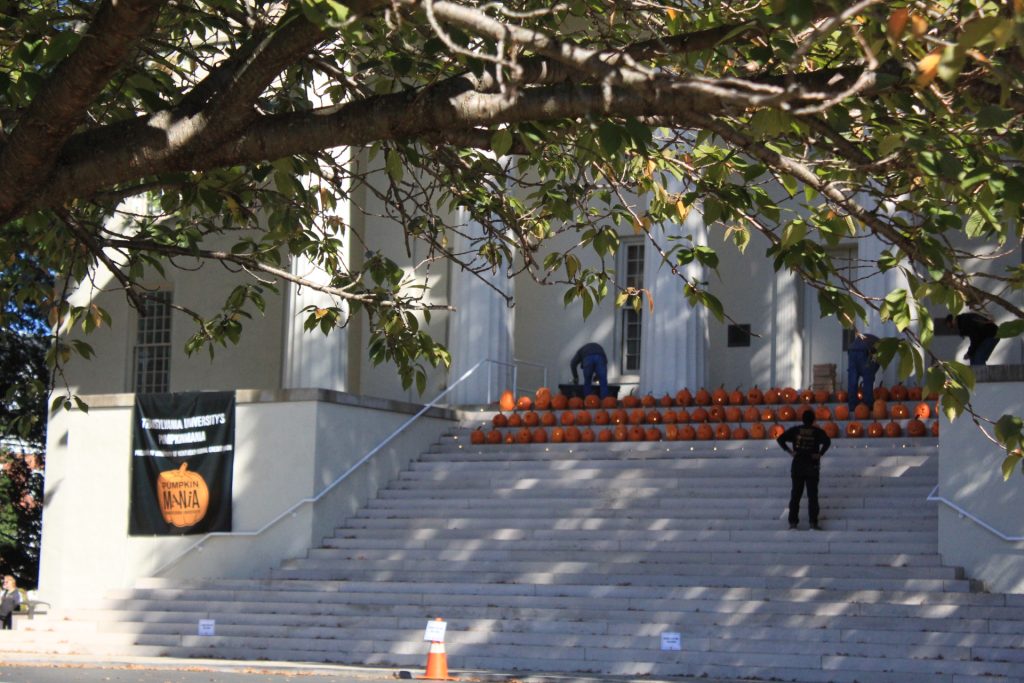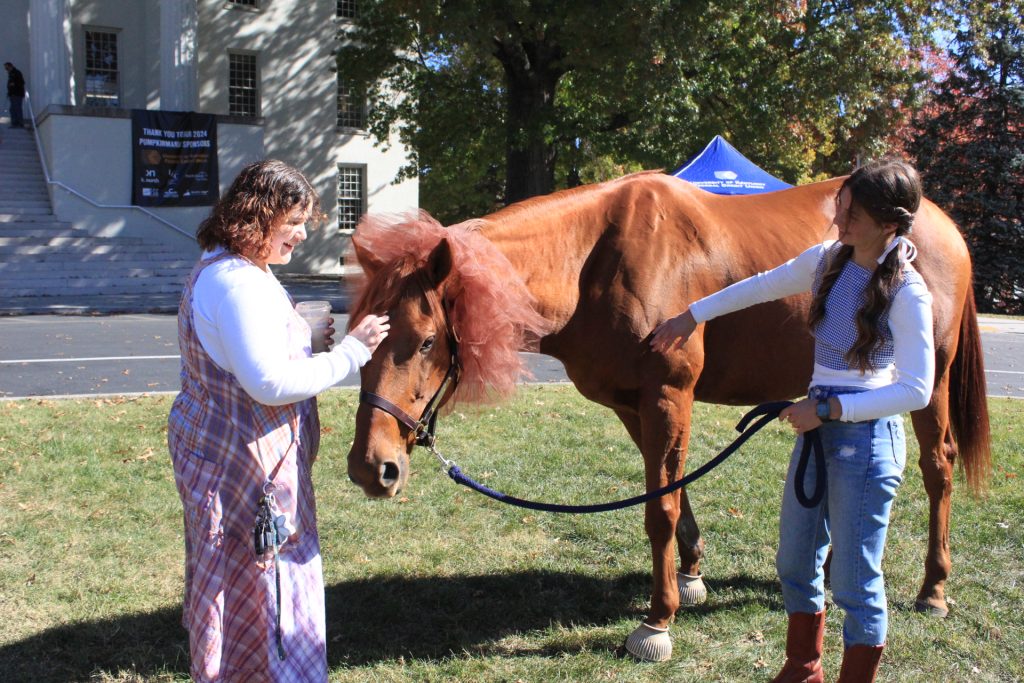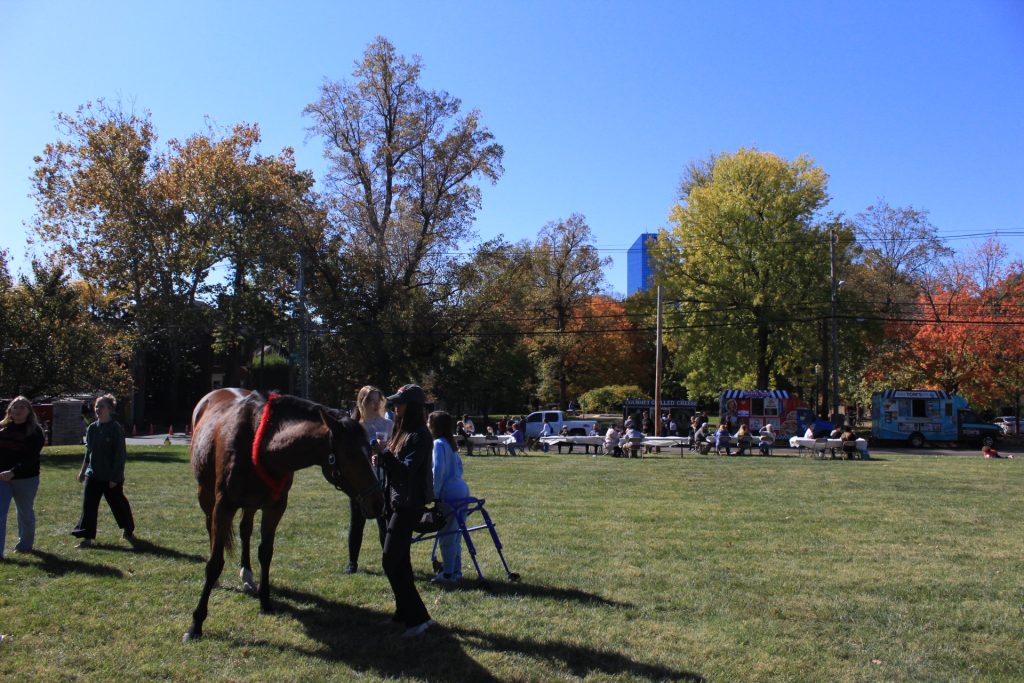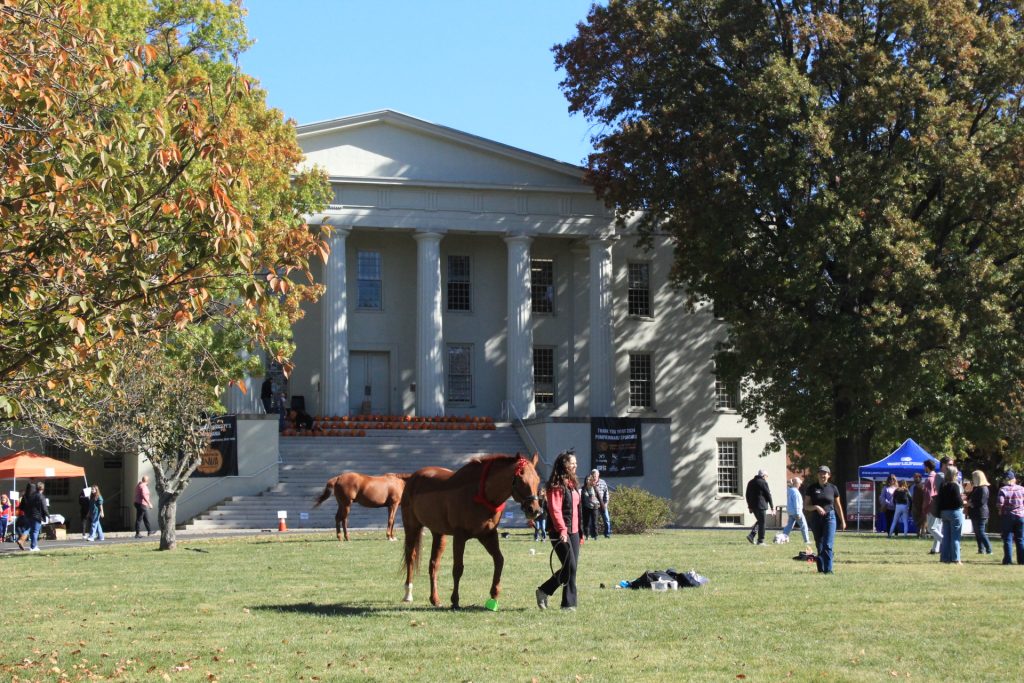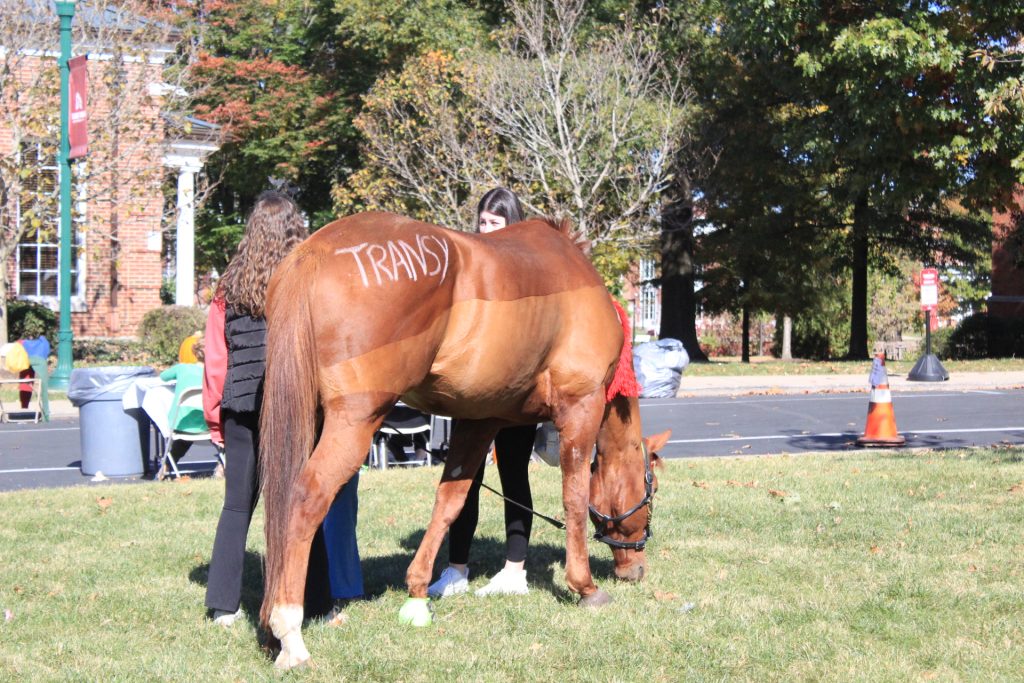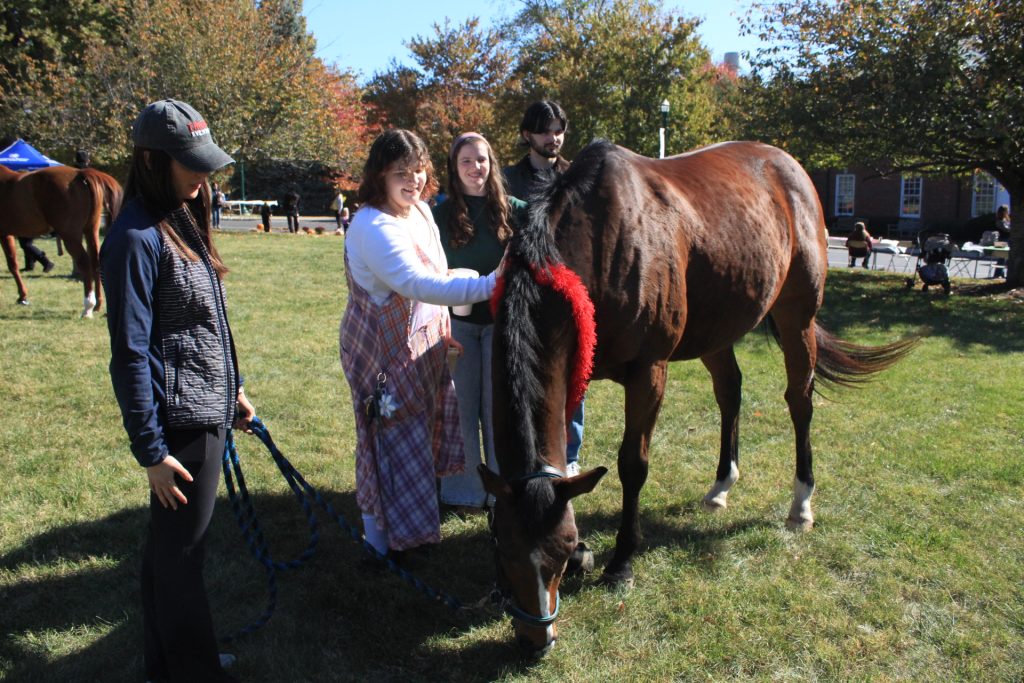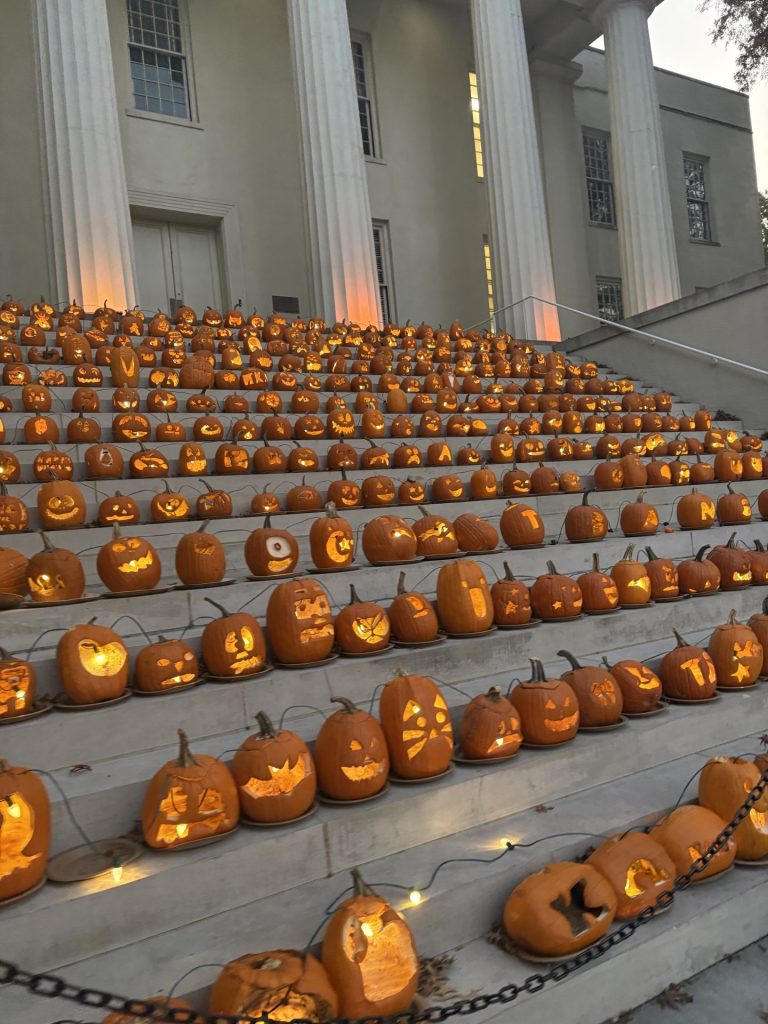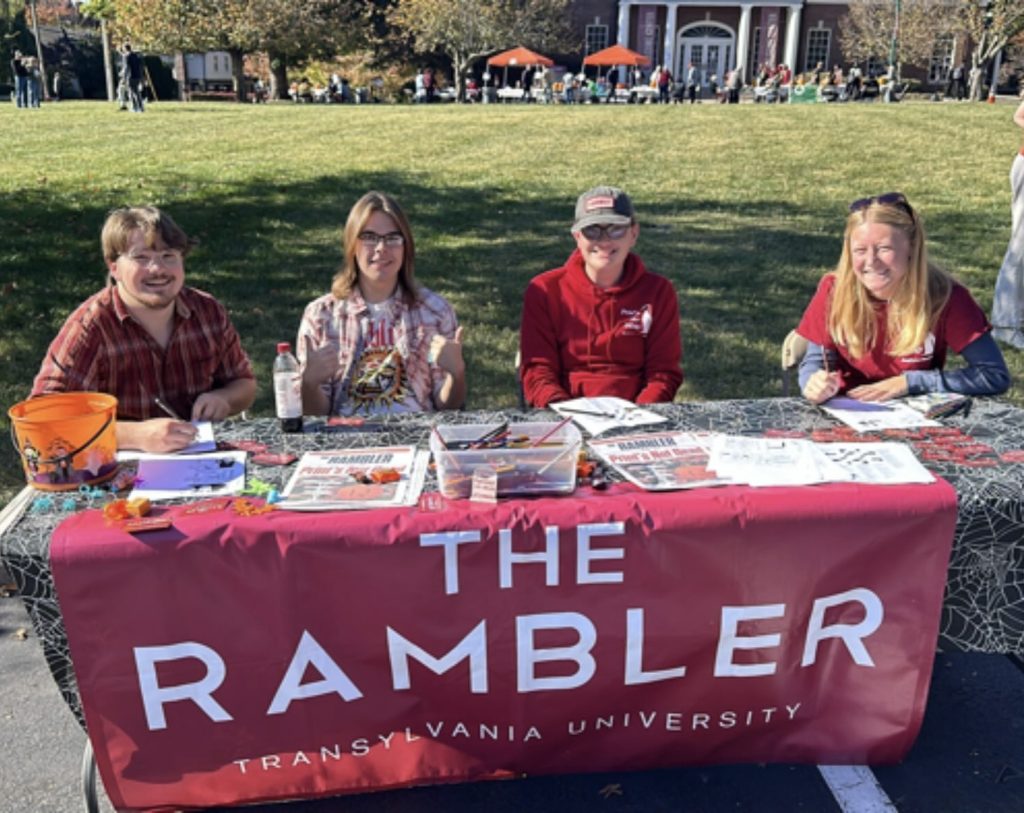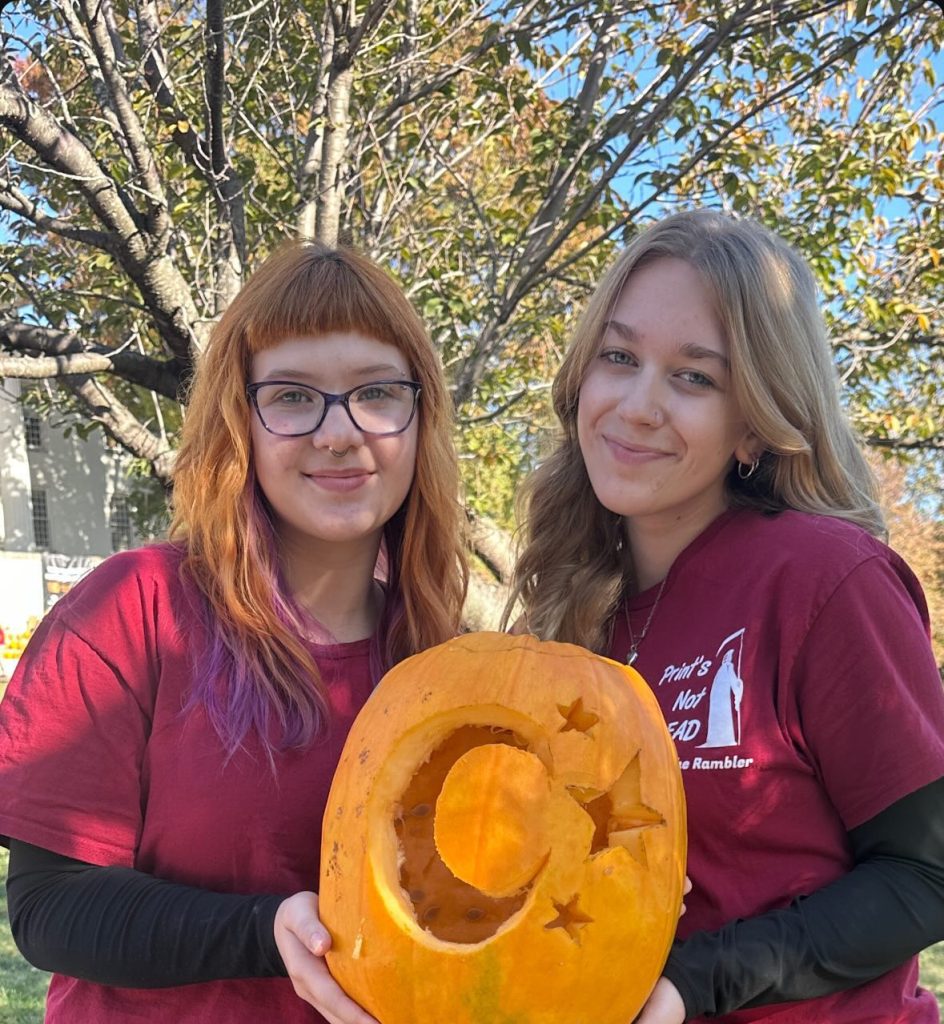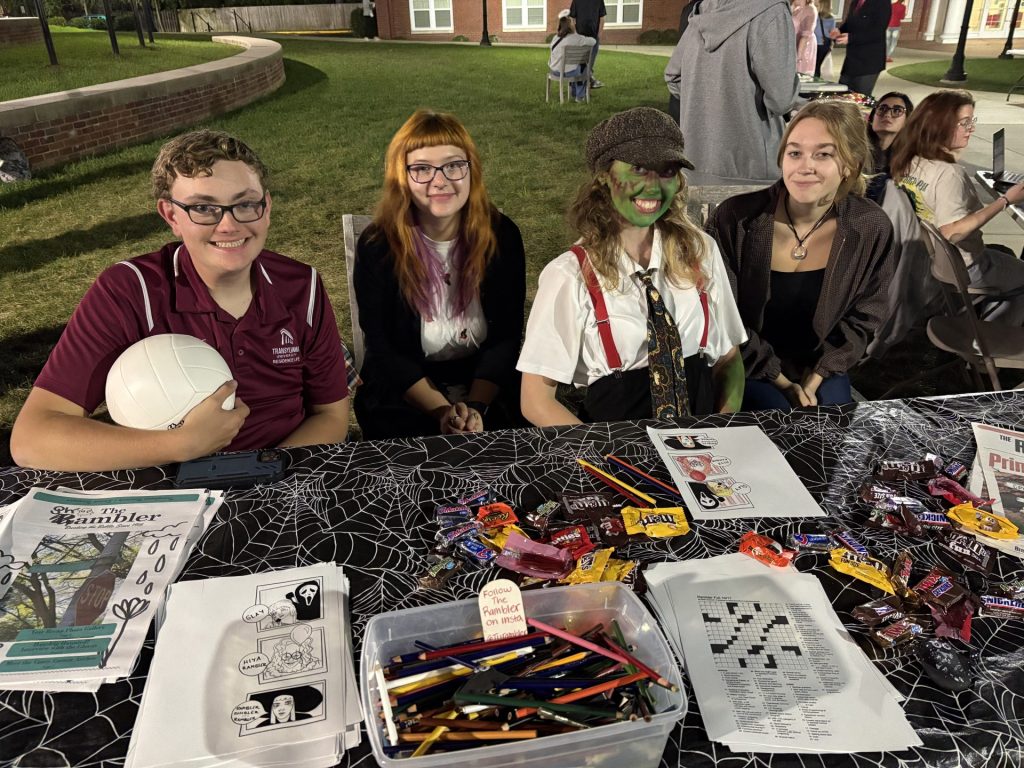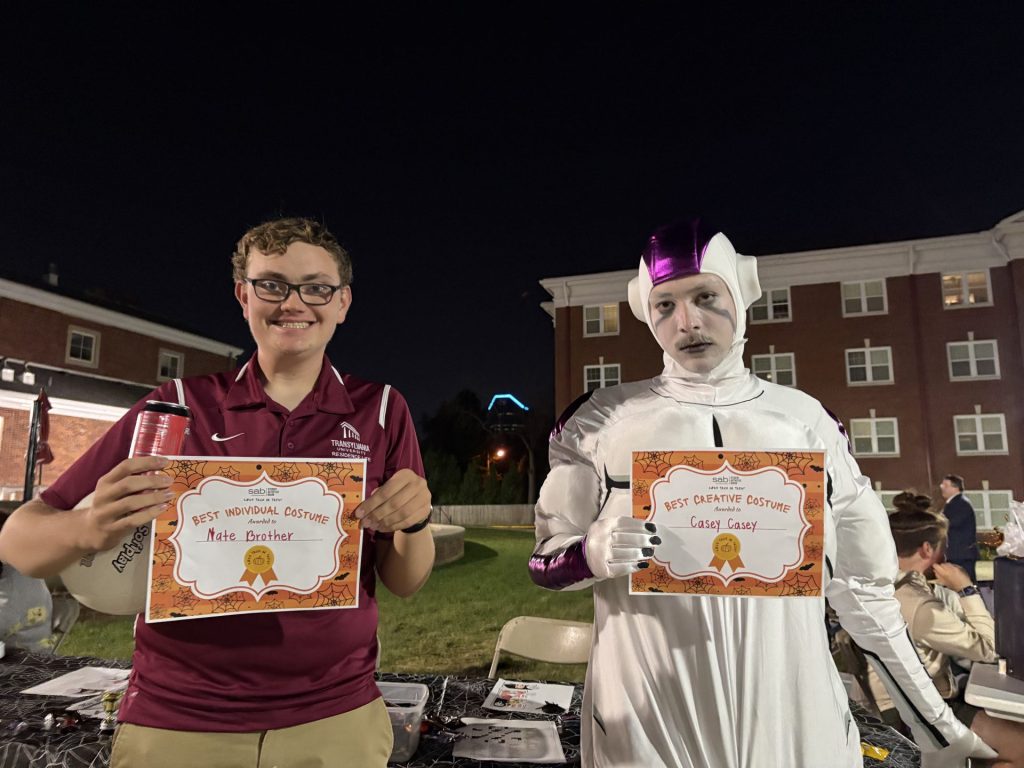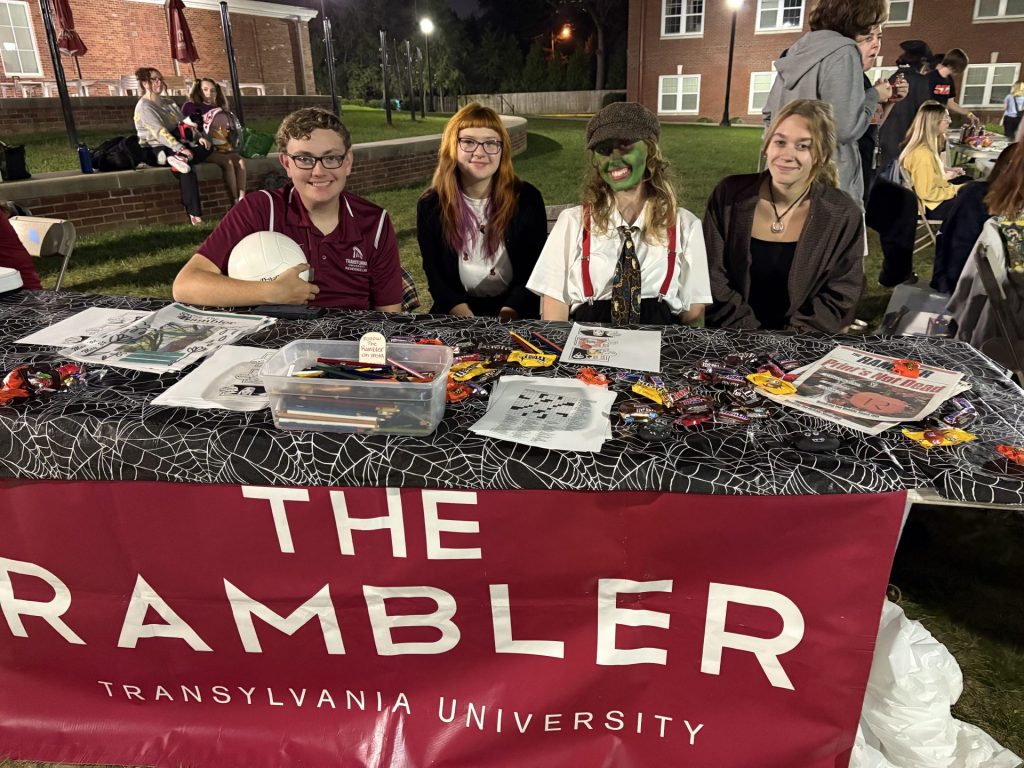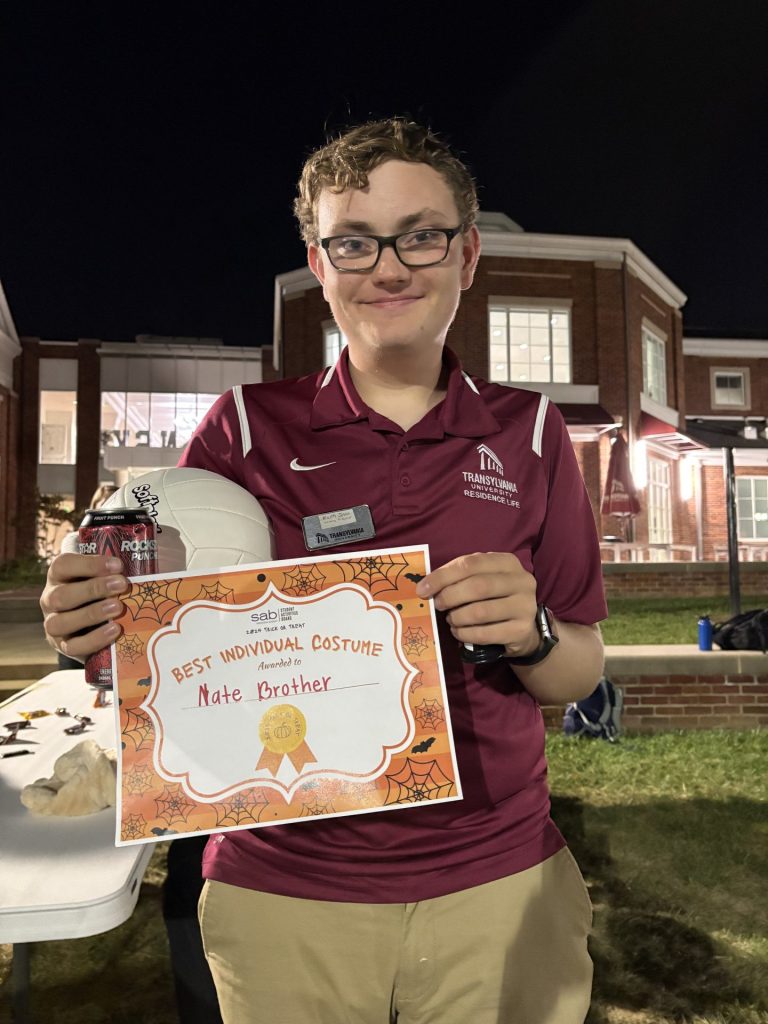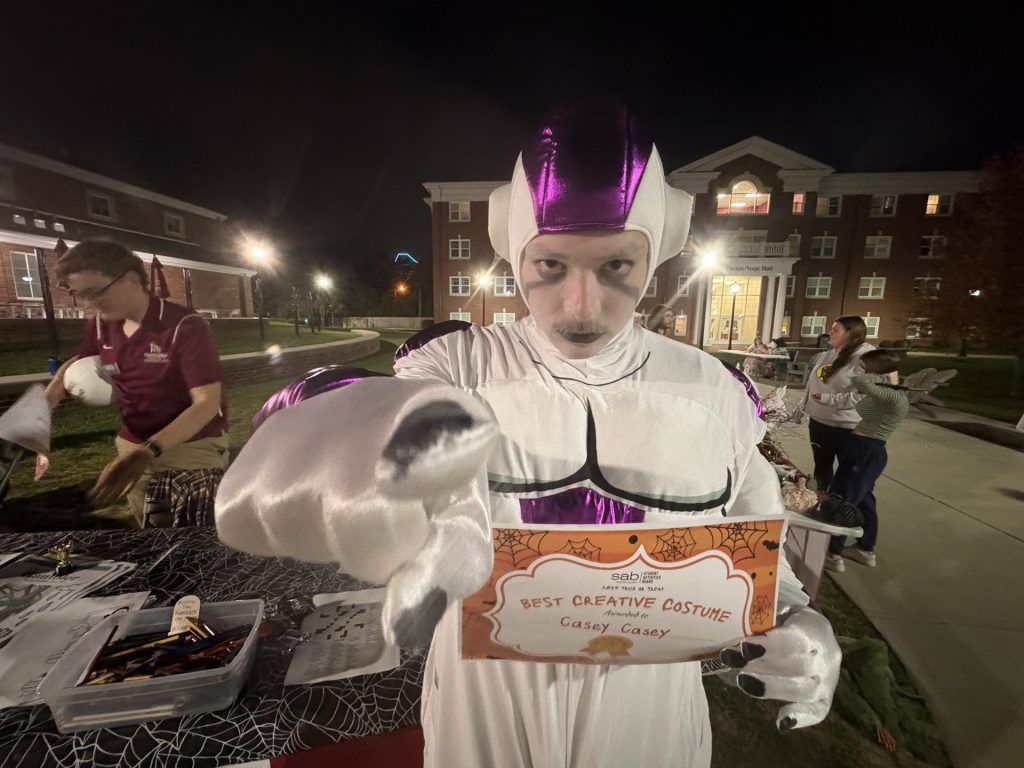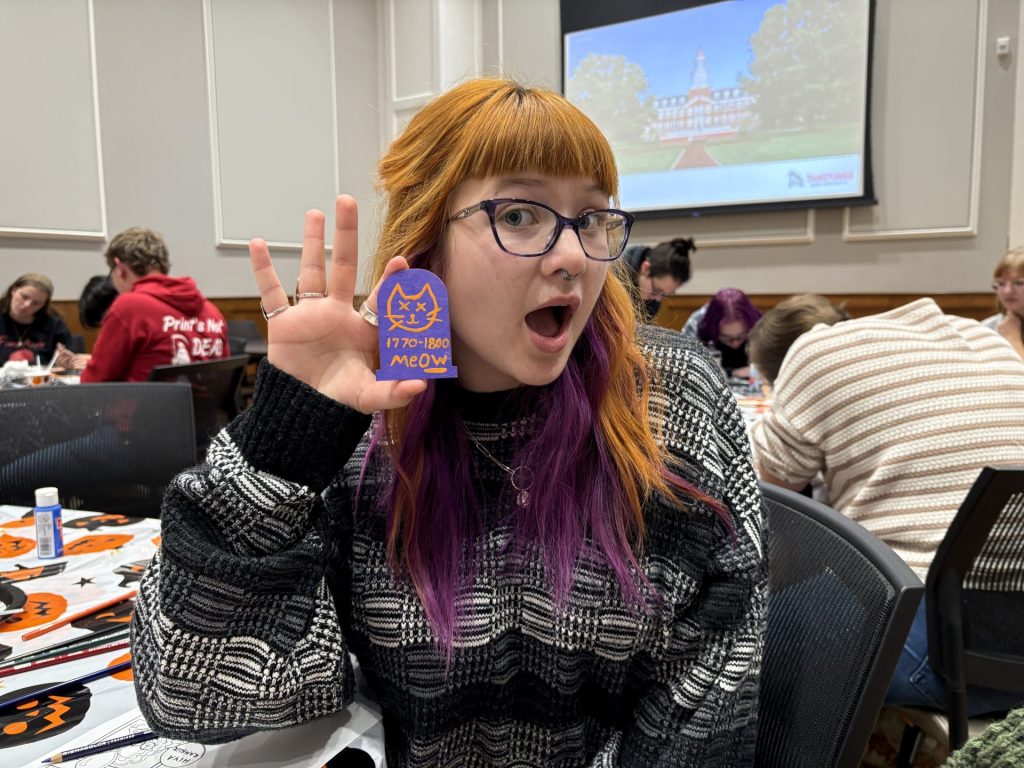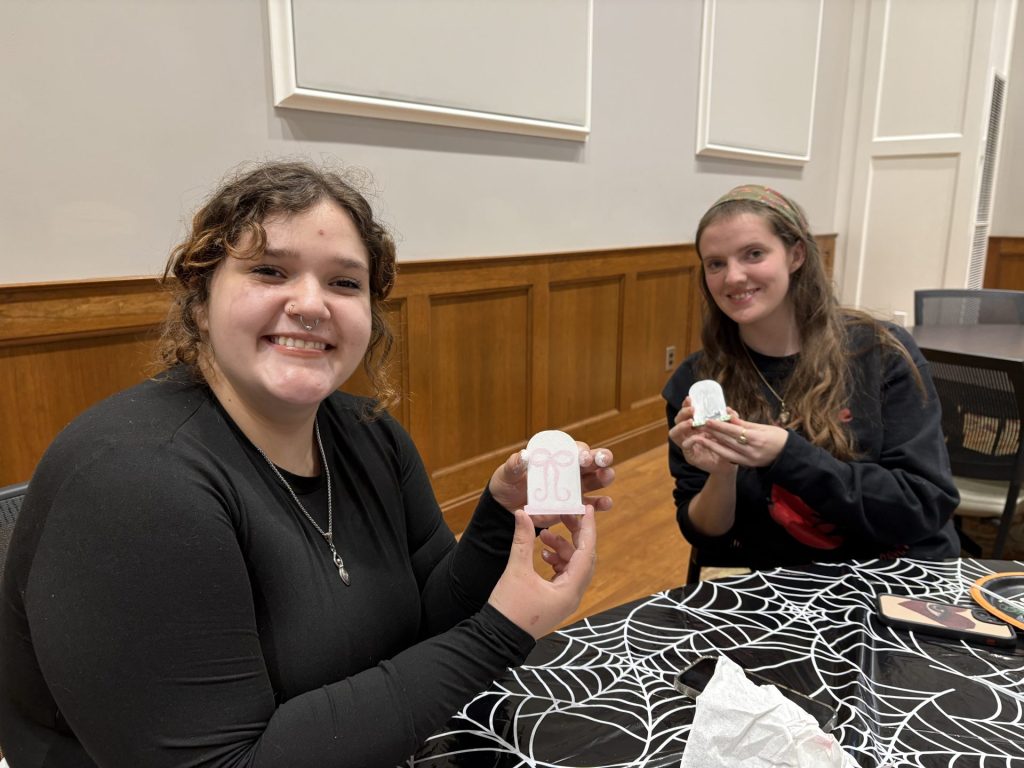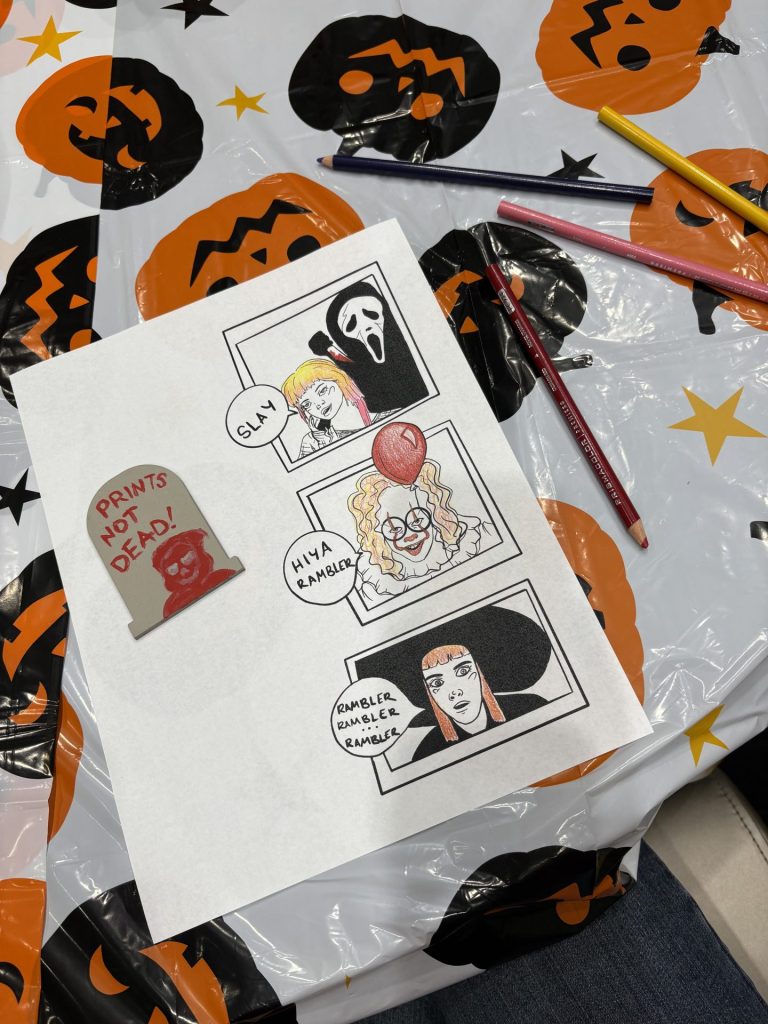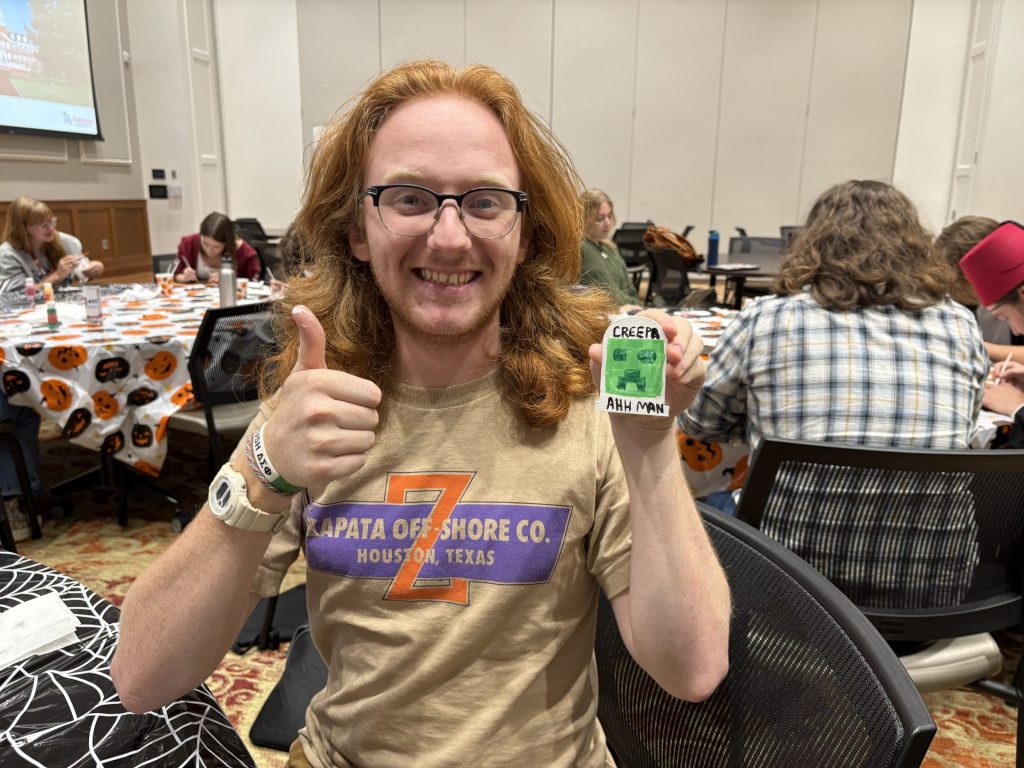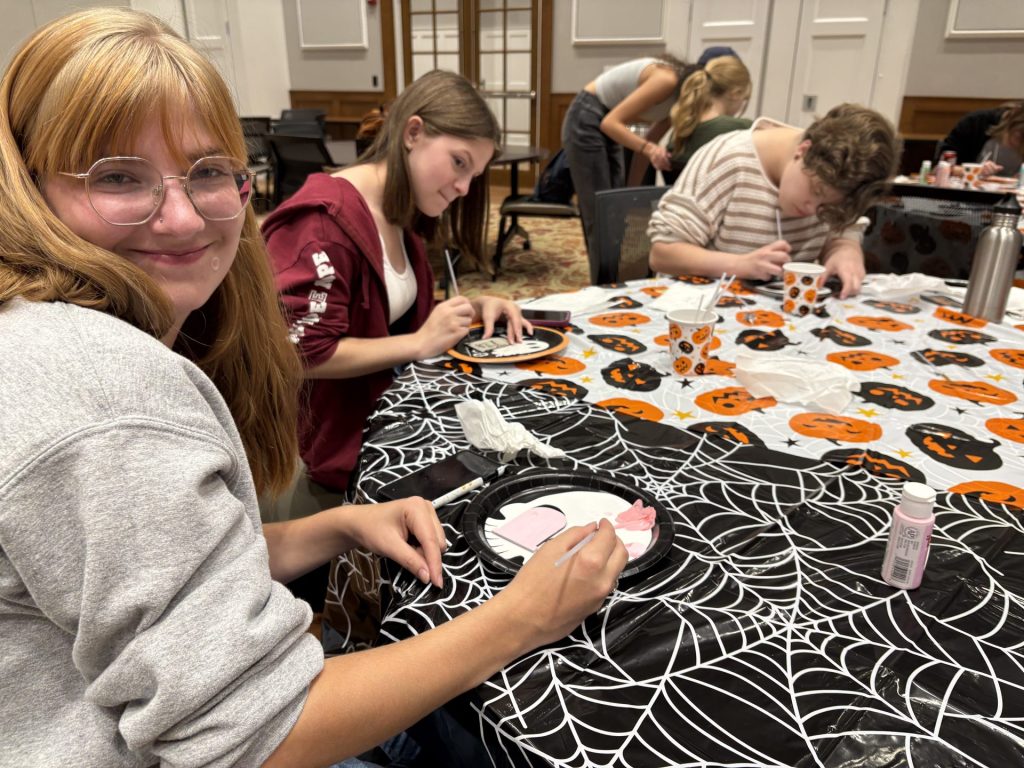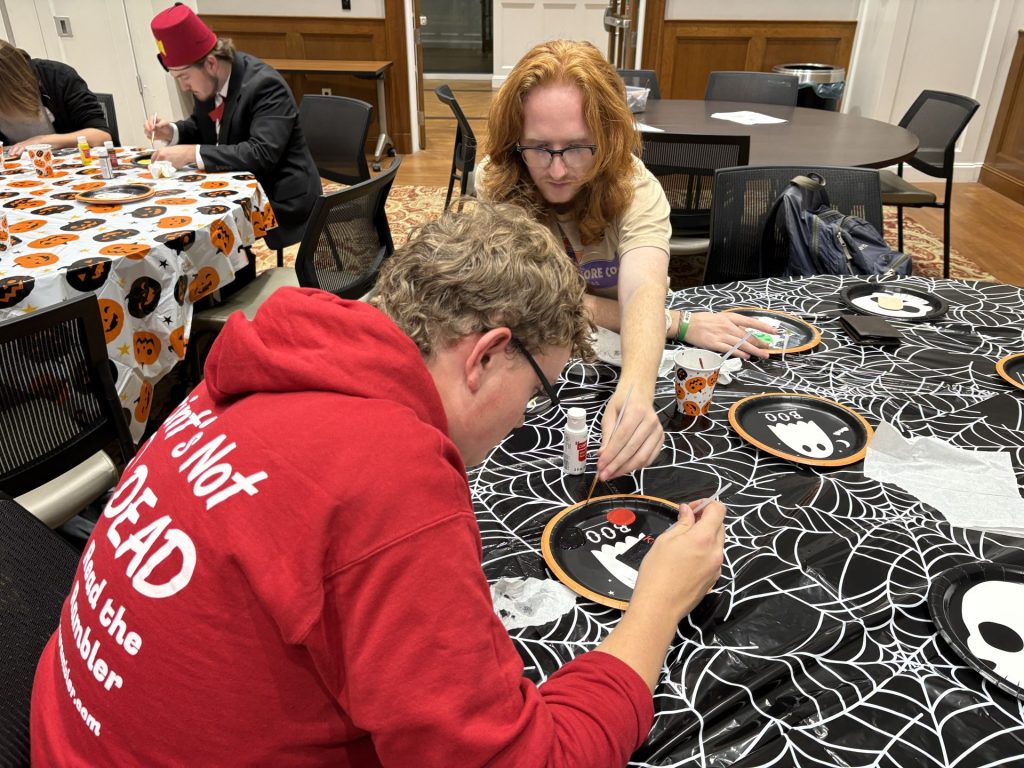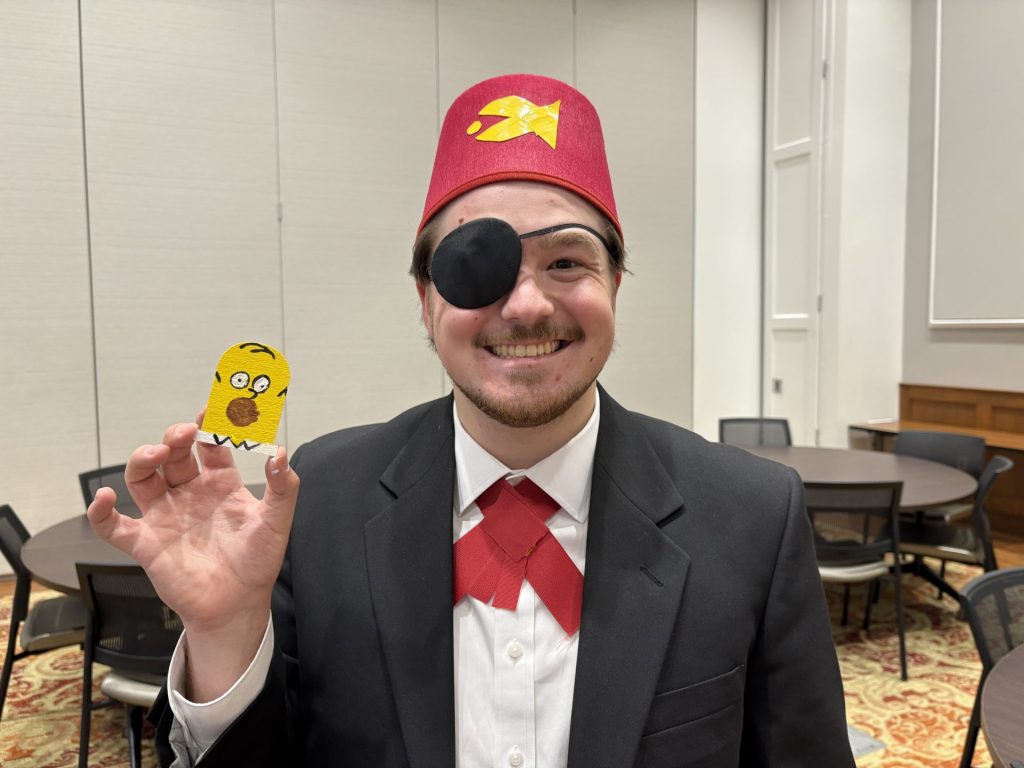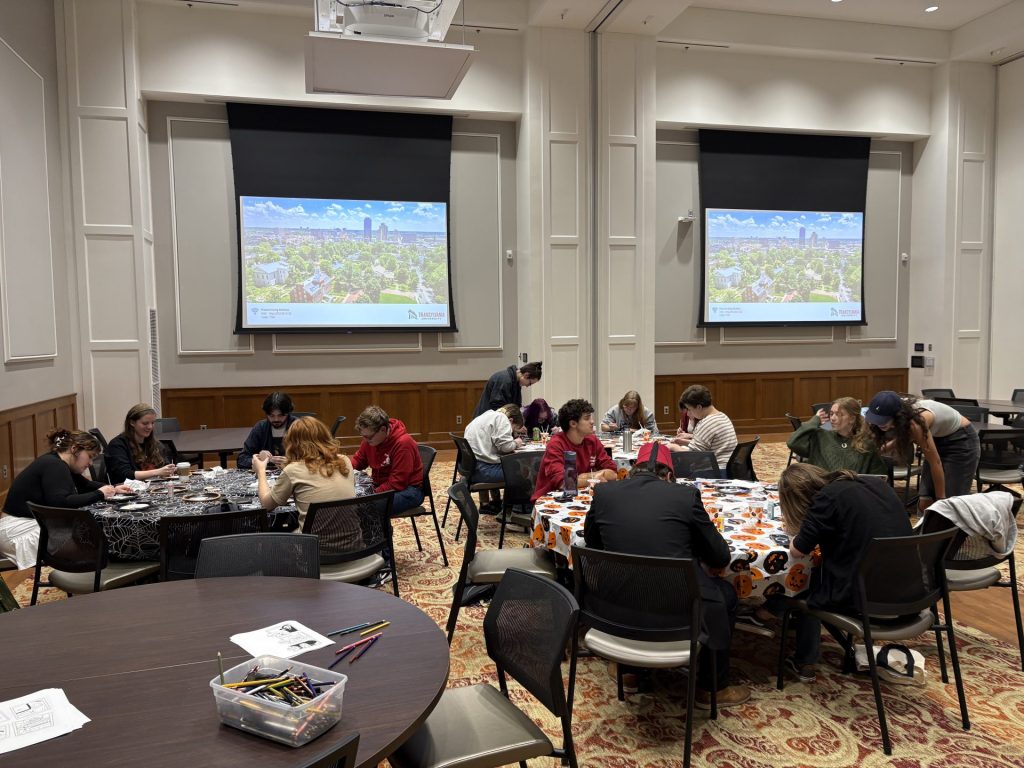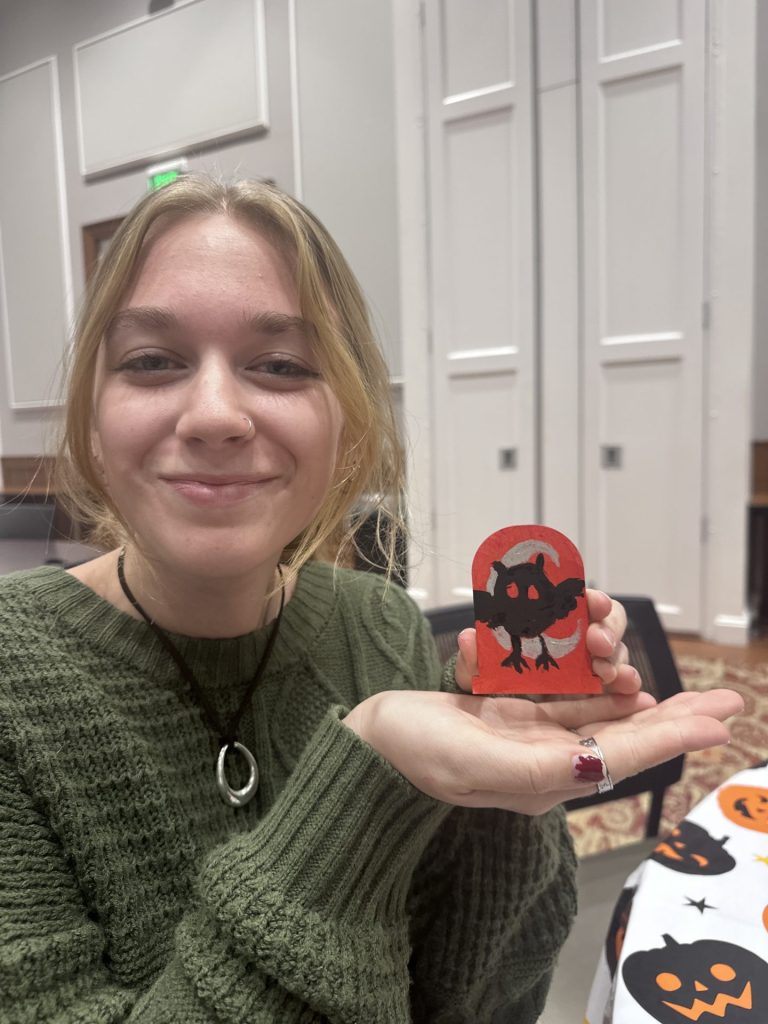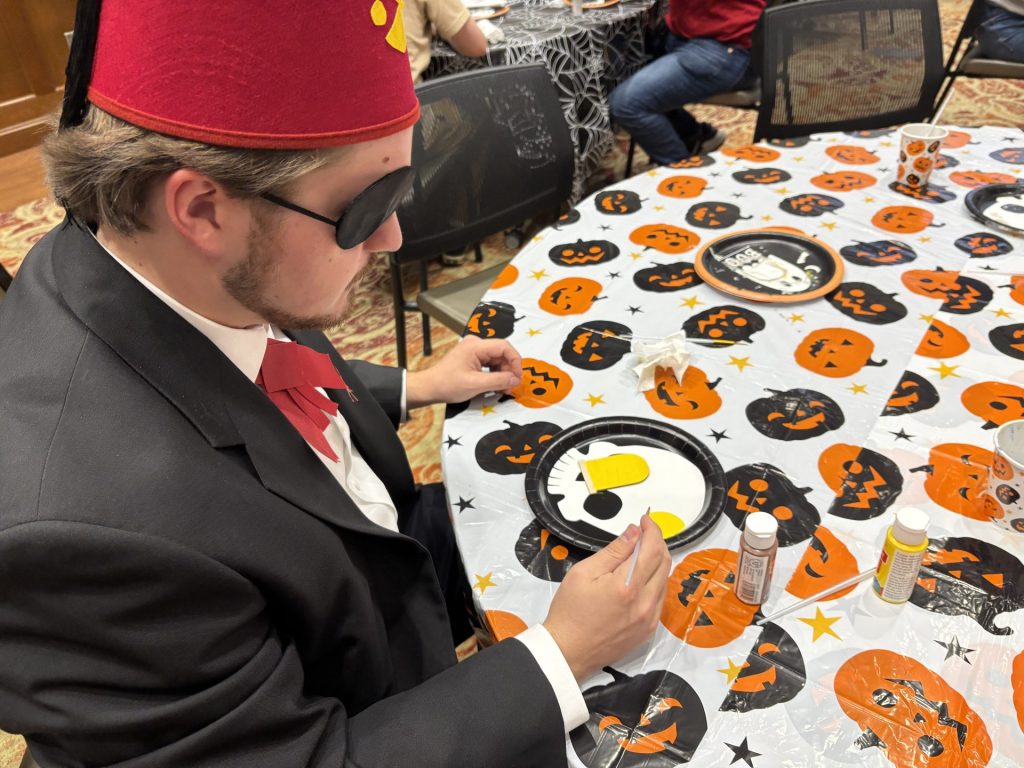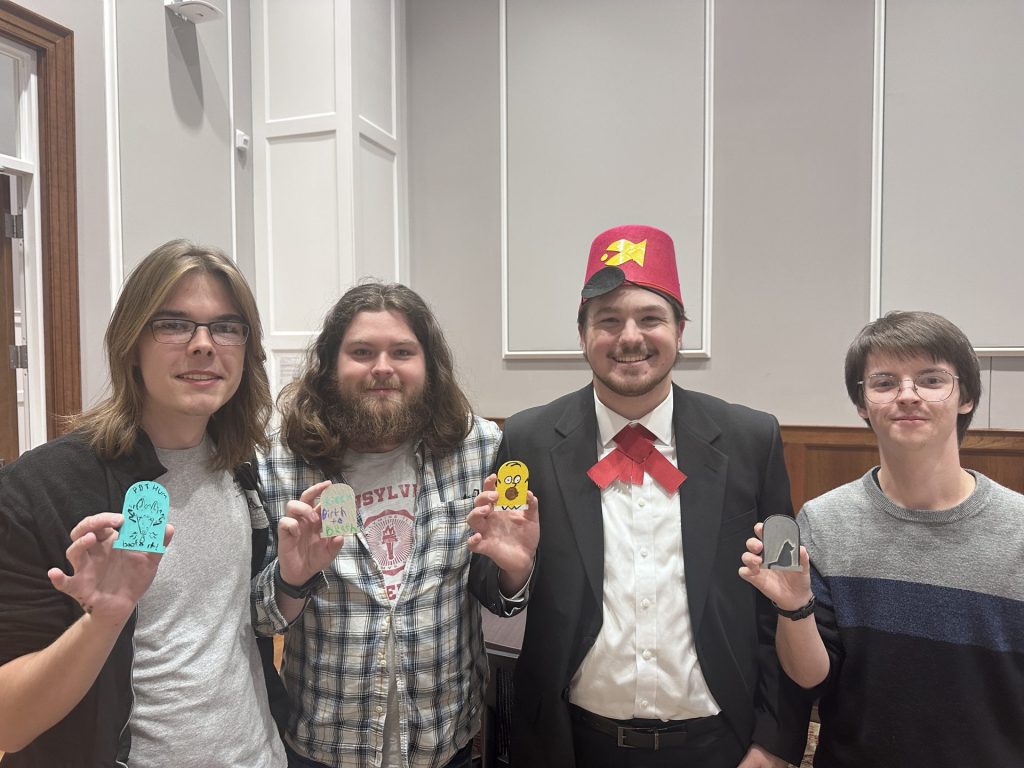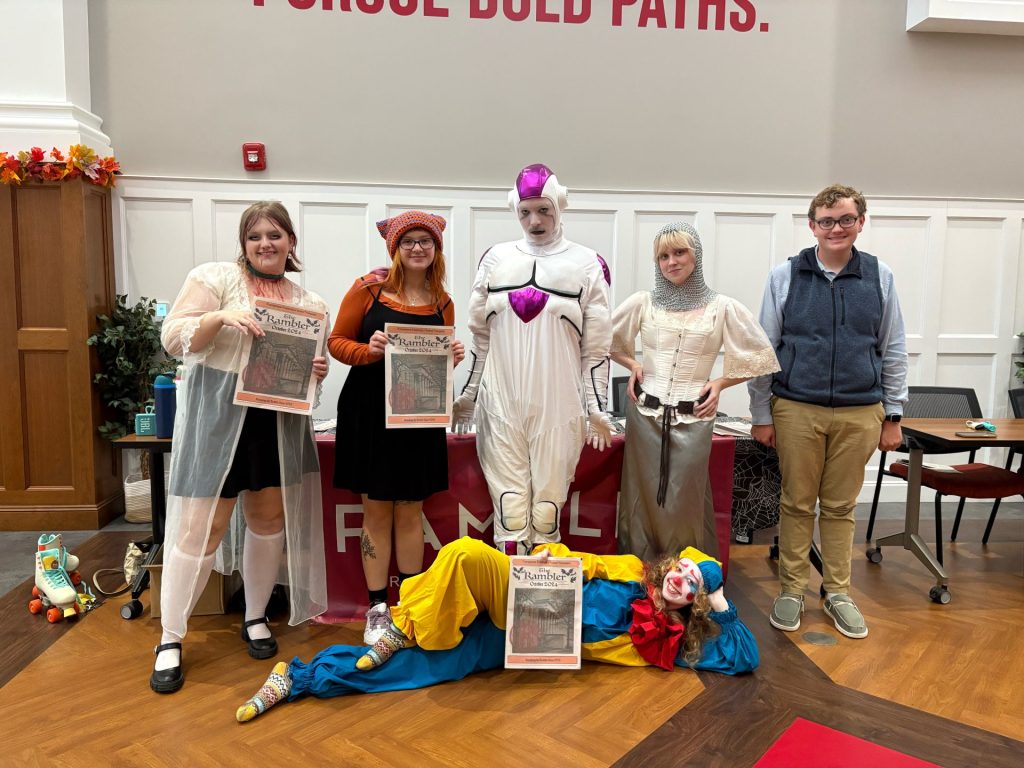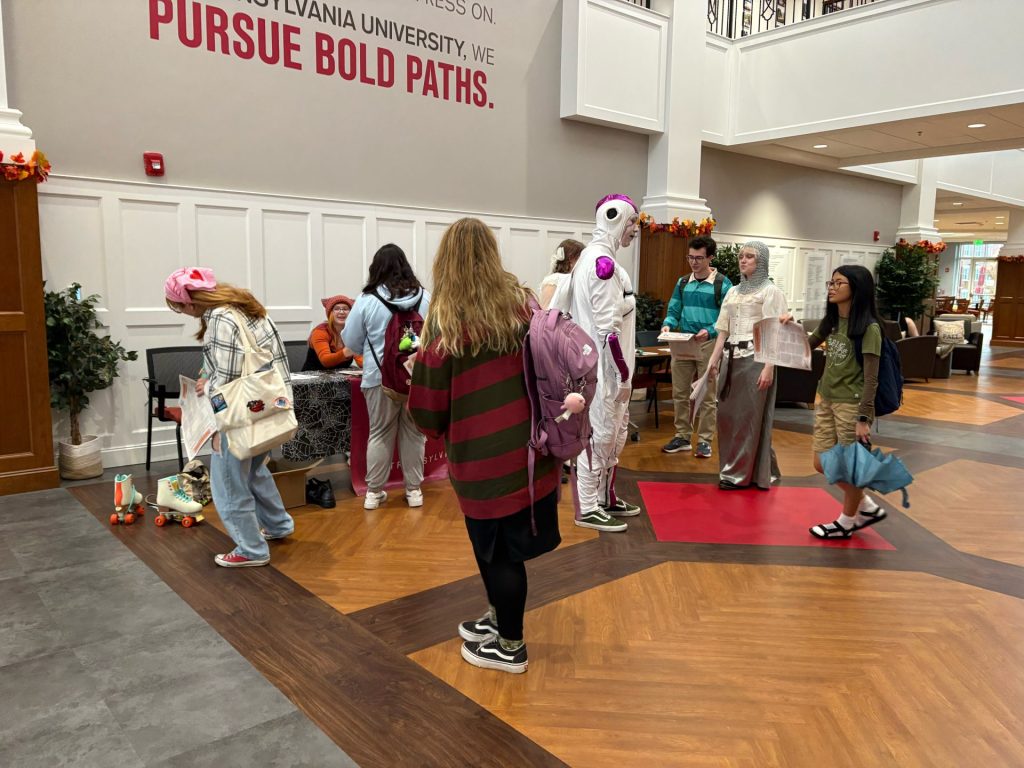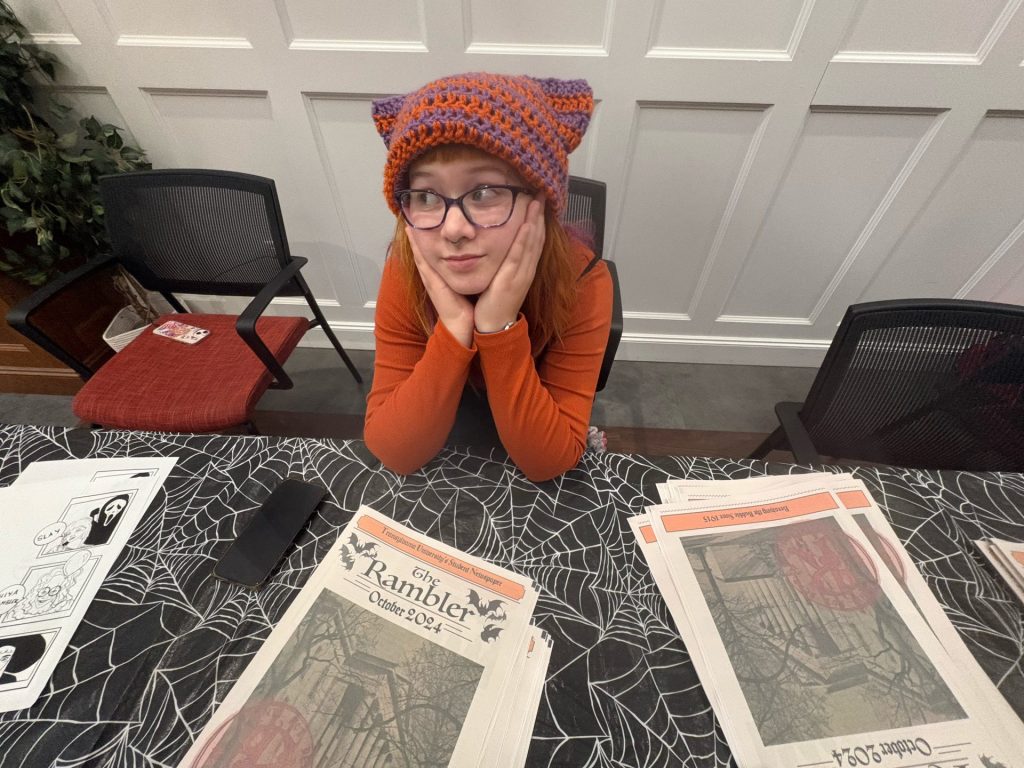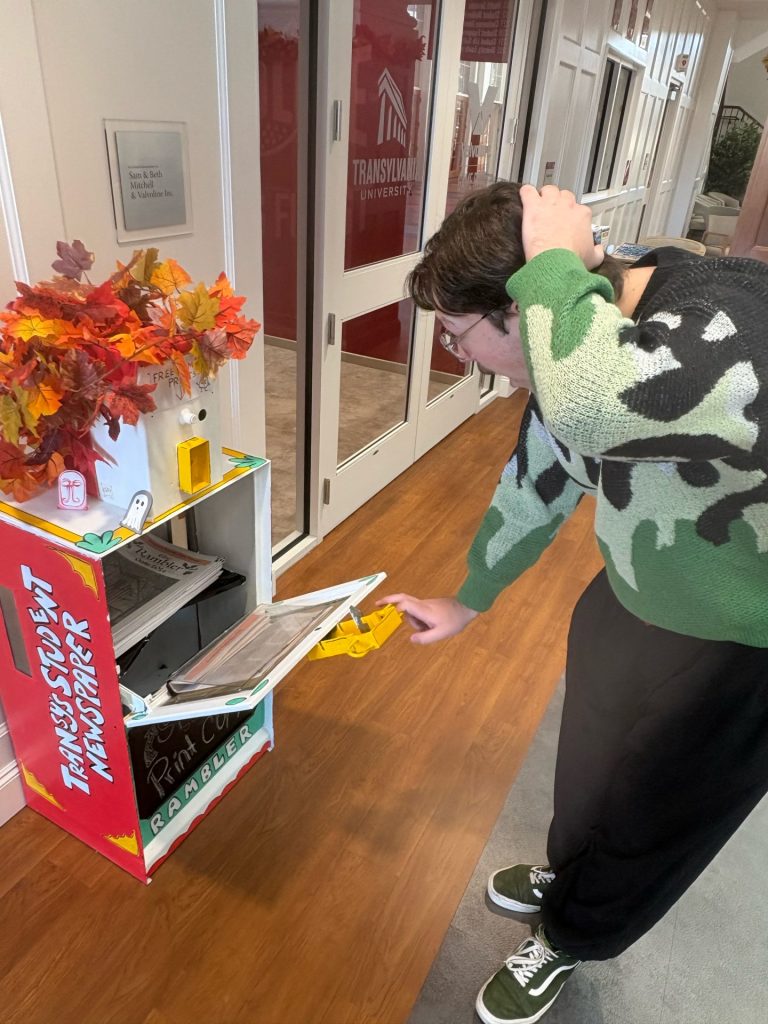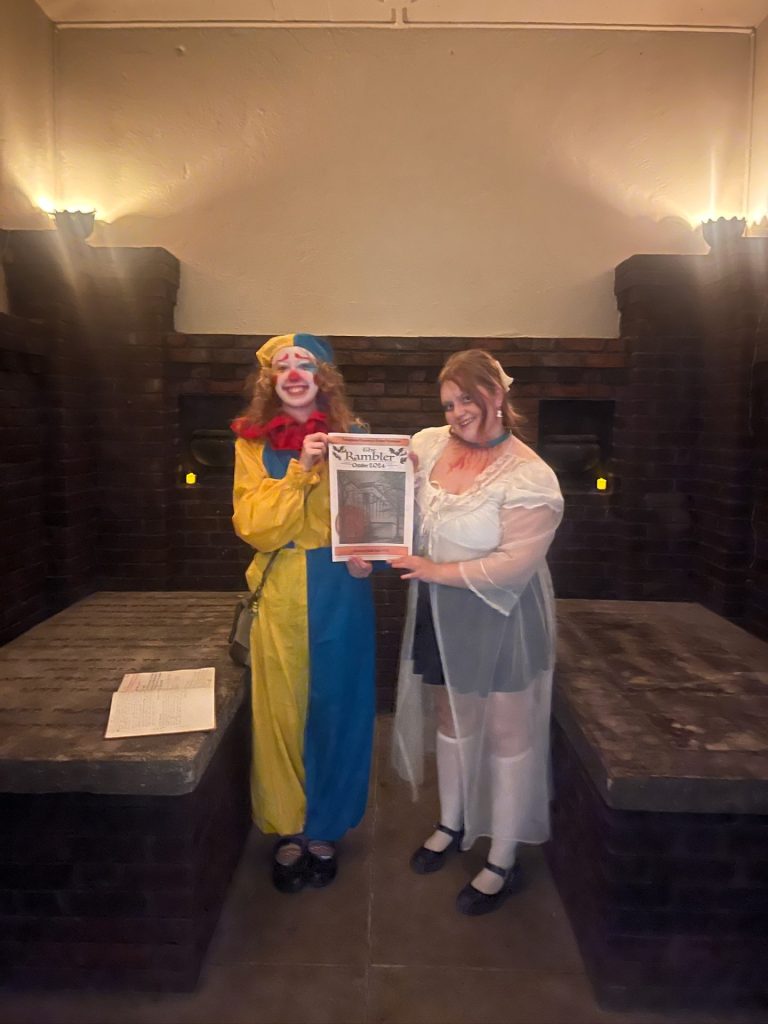On Monday, November 25th at 2:59 pm, Transy students received an email titled “Public Safety Notice – Attempted Thefts from Vehicles.” The email, addressed from the Department of Public Safety (DPS), described the following:
“In the interest of safety, the Transylvania University Department of Public Safety has issued a crime bulletin for the school community.
On Nov. 25 around noon, DPS received six reports of vehicles with broken windows in the Bourbon Avenue lot. It is assumed that the windows were broken during an attempted theft of items inside the vehicles. These incidents are currently being investigated by DPS.
If anyone has any information regarding these incidents, please contact Transylvania DPS at (859) 233‑8118.”
Around noon, Poole building residents and others near the Bourbon Avenue parking lot could hear the sound of many car alarms echoing across campus. Six student cars were broken into in broad daylight just down the street from DPS’s building. A student who owns one of these cars spoke to us, explaining, “My car was broken into and a window was completely shattered but nothing was stolen even though I had ‘valuables’ in there.” The student further explained that a lot of their belongings were rummaged through and valuables were visible, but again, nothing was taken. Many of the cars had their windows completely shattered, while others just had small breaks in the windows.
Earlier this year on September 23rd, a similar email was sent out with the following information:
“In the interest of safety, the Transylvania University Department of Public Safety has issued a Crime Bulletin for the Transylvania community.
On Sunday, Sept. 23, at 4:54 p.m., the Department of Public Safety was notified of off-campus criminal mischief incidents involving student vehicles. Vehicles parked along North Upper Street near Fifth Street were found with damage to them. The incidents are being investigated by the Lexington Police Department.”
Even further back, this past March another incident was reported through email:
“In the interest of safety, the Transylvania University Department of Public Safety has issued a Crime Bulletin for the Transylvania community.
On March 27, 2024, at approximately 6:40 a.m., the Department of Public Safety, while on routine patrol, located three vehicles in the Bourbon Avenue parking lot with broken windows. All three were Hyundais, and two sustained damage to the steering column and ignition system. All were entered through the passenger-side rear window, and at this time, no other items appear to have been removed. DPS is investigating the incident as attempted theft. Based on recent trends, it is believed that the vehicles were targeted because they were Hyundais.”
Eventually, this becomes too much of a pattern. If this has happened multiple times in the past year and recent months, why has there not been increased patrol of Transy’s parking lots, and especially Bourbon Avenue?
Students have expressed concerns about a lack of security from DPS and fear that these issues are not a priority. Another student we spoke to claimed they contacted DPS about suspicious activity and worries about safety in that same area before the incident this Tuesday. “I asked them if they could patrol more and that I felt unsafe walking up and down Bourbon by myself. They then told me if I felt unsafe I could call for a ride. The whole point of my call was to request more patrol, not a ride.” While getting a golf cart ride from DPS is a nice sentiment, students shouldn’t feel so unsafe walking down the street just beside the dorm buildings that they need an escort. “I want to be able to walk on campus feeling safe knowing that DPS is watching and keeping an eye on the areas. Currently, I don’t feel like I am getting that,” the same student told us. “It should be to the best of their ability from the get-go and not wait for bad things to happen before patrolling more.” They also stated that they acknowledge that it isn’t completely DPS’s fault or preventable, and they can appreciate what they do, but something still needs to be done and change needs to be made. Whether that means more funding for cameras and extra officers to patrol or whatever else may need to happen to increase the safety of our students and their cars.
Due to these concerns, I went to DPS to ask them some questions about what is happening and how it’s being handled by our campus security. I spoke with Chief Robert Gowdy on the morning of the 26th, asking for any information he could give us. He explained that it is still an ongoing investigation but it is currently unknown who was responsible, and that the Department is looking through the cameras to see if they can find anything. As of now, it seems none of the cameras picked up the act of breaking in. “Our camera system is run on the internet, so you do get a lot of buffering depending on the usage around campus,” It’s possible that the cameras had buffered during that time, or that none were angled right to catch the break-ins. They’re still checking different cameras to see what they can find.
According to their reports, nothing had been stolen from any of the cars, but some had been rummaged through and the windows were broken. “We have completed the reports for the kids’ insurance. I believe if you have full coverage on your vehicle, the breakage of the windows may be 100% replaced in the state of Kentucky.”
In terms of it being acted on sooner, Gowdy explained that on the footage in previous situations, you can see students in the parking lot who likely would have heard or seen the break-ins. “If you see something, report it. If you hear something, report it.” He recommends that students use the text-tips or the DPS phone number.
I asked Gowdy what plans DPS has to prevent this in the future and help people feel safer, such as more patrols and more cameras. “I’ve put out to our units to increase patrols in certain areas, related to Bourbon Avenue, and just where there’s a lot of traffic.” In terms of cameras, the chief says that’s not in his department to say; “Any new cameras would be nice and useful.” Maybe with these break-ins this is something the University would consider looking into.
Finally, Chief Gowdy gave me some general safety advice to share with students. If you’re walking when it’s dark, stay in well-lit areas, walk in groups when possible, and be aware of your surroundings. “Always have a plan to have some type of out; a different way to escape or place to run to.” If you’re uncomfortable walking to a parking lot late or early in the day, call DPS and they can escort you if an officer is available. If you’re worried about your car being broken into, make sure not to leave any visible things in your car that people can see through the windows. “People will look inside your vehicle and if they see any type of cords they’re gonna think there’s something connected to the end of them hidden somewhere. Loose change is a big one, loose cash.” If you have anything of value, don’t leave it in your car, or hide it in your trunk- though the trunk doesn’t guarantee safety for your objects.
After speaking with students, it seems that there is a consensus that campus feels unsafe, and many are looking towards DPS to do something about it. DPS is waiting for students to report these concerns, but are their answers to these reports up to par? Hopefully more will be done in the coming months after these holiday breaks, but for the students, be sure to use caution when walking at night and lock your vehicles!


